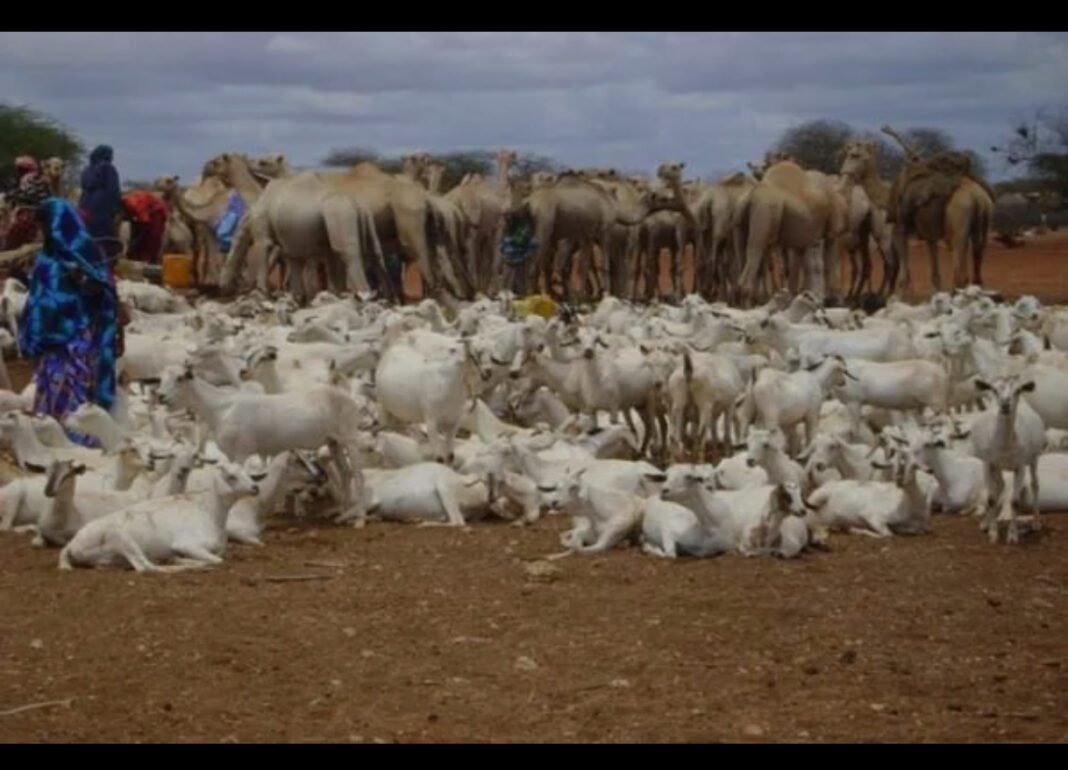MOGADISHU, (HAN) — Somalia is emerging as a global powerhouse in livestock exports, with new data from Bloomberg showing the country is on track to surpass all other nations in live animal exports. This development follows a series of global trade disruptions that have sidelined some of Somalia’s strongest competitors.
According to the report, Somalia’s livestock exports were valued at nearly $1 billion in 2024, a record high that underscores the sector’s critical role in the national economy. The livestock industry—dominated by camels, sheep, and cattle—accounts for roughly 60–70% of Somalia’s exports and provides income for millions of herders across the country.
The report attributes Somalia’s growth partly to external factors. Sudan, once a key player in livestock trade, has seen its exports collapse amid ongoing civil conflict that has paralyzed trade routes and border operations. Meanwhile, Australia, traditionally one of the largest global suppliers of live sheep and cattle, has temporarily halted its exports due to animal welfare and biosecurity concerns. These gaps in the global supply chain have allowed Somalia to step in and meet growing demand, particularly from Middle Eastern markets.
Trade analysts say that Somalia’s proximity to the Gulf states, combined with its low transportation costs and abundant livestock population, gives it a competitive advantage. The Port of Berbera in Somaliland and Bosaso in Puntland have become vital gateways for livestock shipments to Saudi Arabia, the United Arab Emirates, Qatar, and Oman—countries that rely heavily on Somali livestock for religious and cultural festivals such as Hajj and Eid al-Adha.
In recent years, the Somali government, along with international partners such as the Food and Agriculture Organization (FAO) and the African Development Bank (AfDB), has made significant investments in veterinary services, quarantine facilities, vaccination programs, and export certification systems. These efforts have improved the health and quality of Somali livestock, making them more competitive in the international market.
Economists argue that this momentum could transform Somalia’s economy if managed strategically. They recommend strengthening trade infrastructure, improving port management, and introducing transparent financial systems to ensure revenues benefit the wider population.
“Livestock is not just a commodity for Somalia—it’s the backbone of the economy and the lifeline of rural communities,” said one Mogadishu-based economist. “With proper governance, Somalia could turn this trade boom into lasting national prosperity.”
Experts warn, however, that the country must also address challenges such as climate change, drought, and insecurity in pastoral regions to sustain growth. Despite these hurdles, many observers view Somalia’s rising dominance in livestock exports as a symbol of resilience and economic revival in a nation long affected by conflict and instability.





